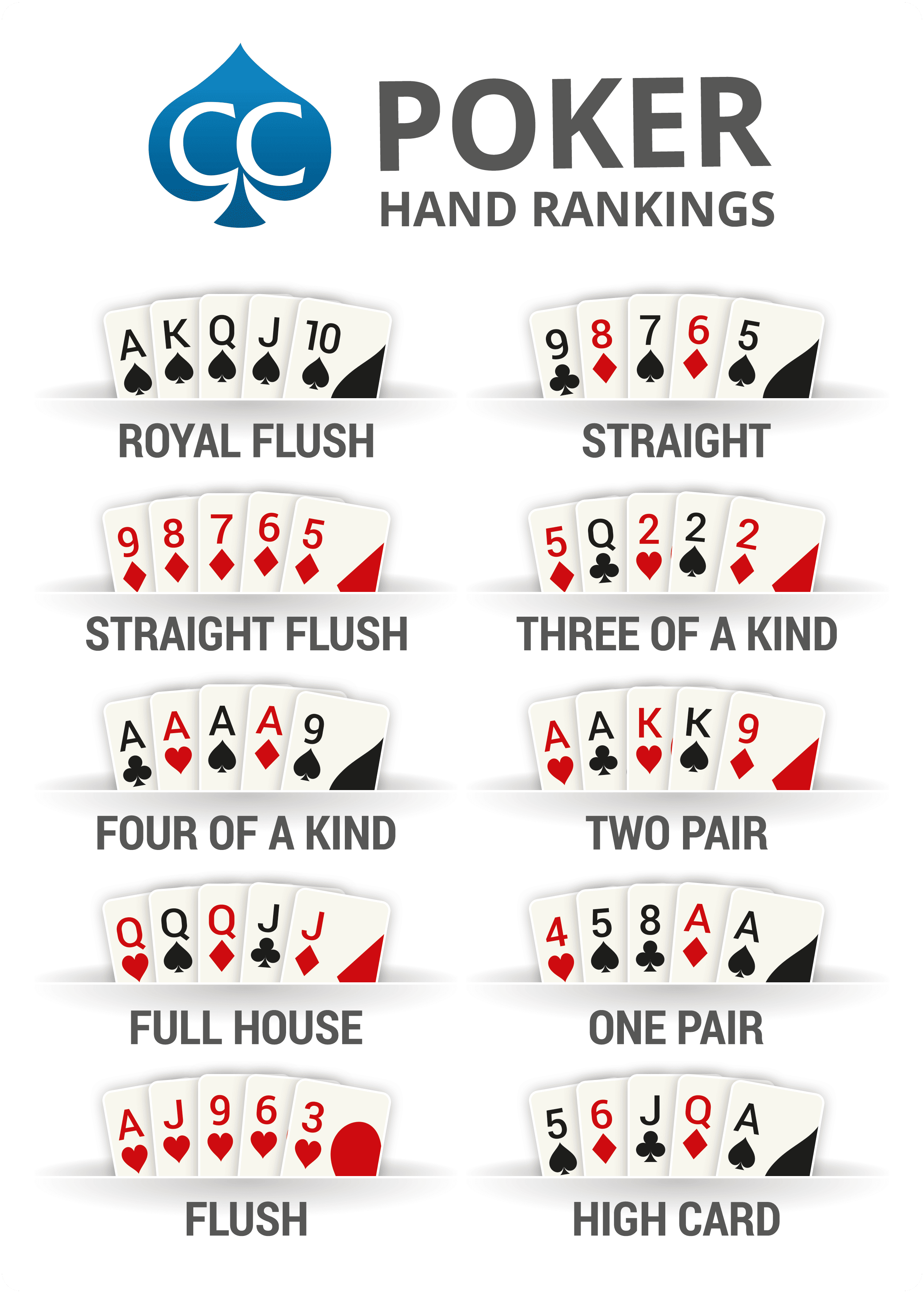
Poker is a game of skill, and it requires a lot of attention to detail. This can make it a challenging task for players to keep track of all of the cards and their opponents’ body movements. It’s also a great way to improve concentration and memory skills.
Playing poker is a very competitive game, and it can be very rewarding to win. However, it’s important to know how to play the game properly to ensure that you are winning.
Here are some tips for playing the game:
1. Learn the rules.
A key part of learning how to play any new game is to understand the basic rules before you start betting. This will save you and your tablemates a lot of time, money and frustration.
2. Develop a strategy that you can use to win.
Once you have the basics of the game down, it’s time to develop your own strategy for winning. You will need to consider a number of factors, including your opponent’s style of play, the type of cards you have, and how much money you have available to bet.
3. Listen to the tells of your opponents
One of the biggest mistakes that beginners make when learning a new game is not listening to their opponents’ playing styles. This is particularly important if you are trying to figure out who has the best hand. You can do this by observing how they behave and what they bet when they have a good hand.
4. Read your opponents
If you can learn to read your opponents, you will be able to win a lot of games. This is because it will allow you to figure out when they are bluffing or when they are nervous and impatient.
5. Become familiar with the different poker hands
There are many different types of poker hands, and they all have their own specific rules. Some of the most common are:
6. Know your odds
The odds of winning a hand depend on how much you bet and what other players bet in the same round. This is a crucial skill to master because it will help you to make informed decisions about how much to bet and when to call or raise.
7. Take your time when betting and examining your hand
A key part of playing poker is knowing when it’s best to take your time. This will allow you to make informed decisions about your next move, and it will also help you to avoid making costly mistakes.
8. Be patient when waiting for the flop
If you have a high card, you should wait until the flop to play. This is because the flop can change your chances of winning a hand significantly.
9. Identify your poker tells
If your hand is strong, it is likely that you will show some tells to other players. These tells can include shaking your hand, sighing or rapid breathing. These tells will let your opponents know that you have a good hand and can be used to your advantage.